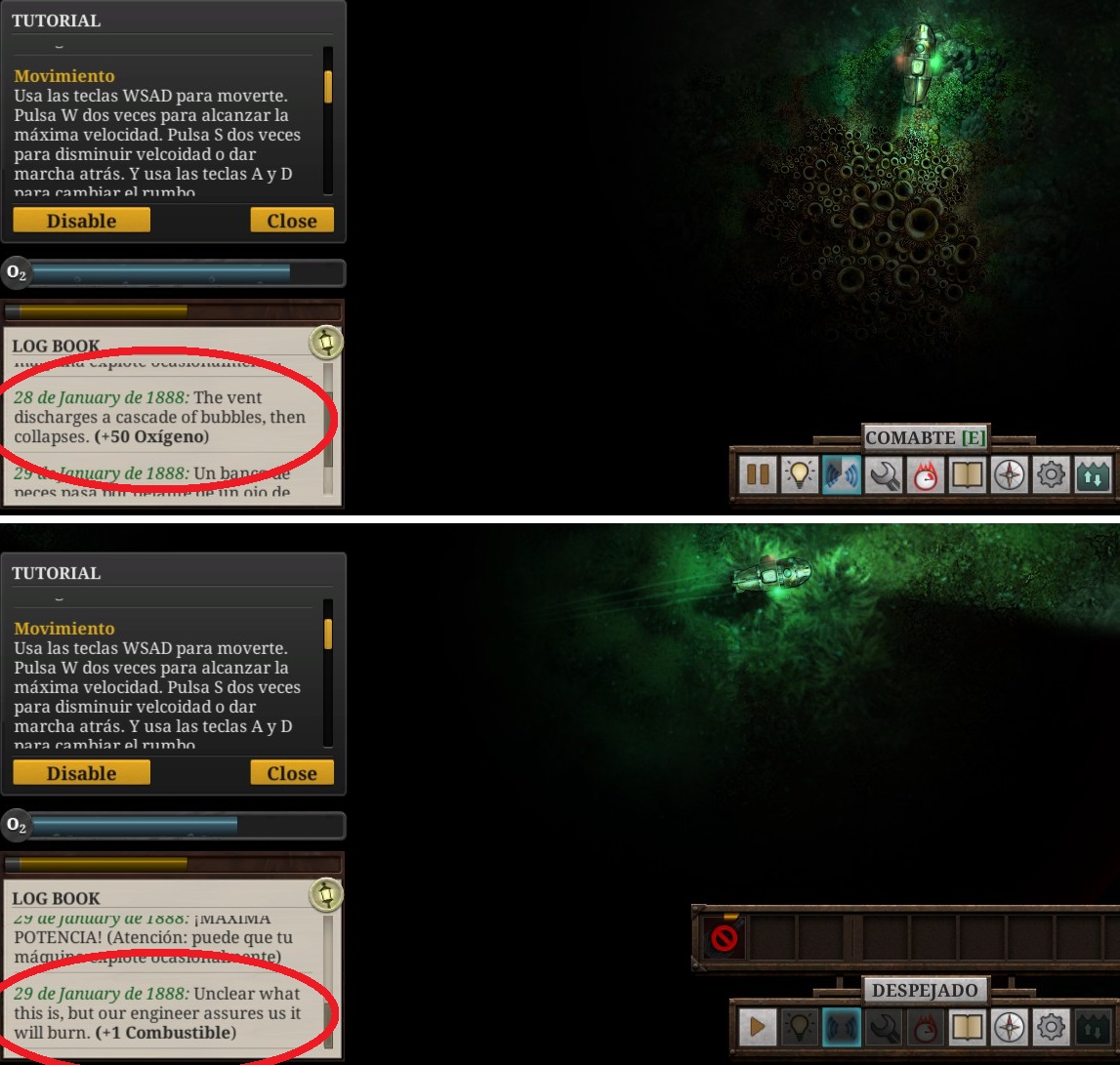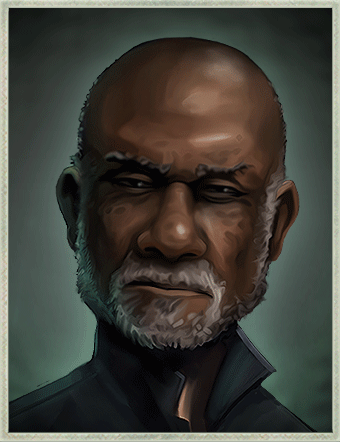[quote=Cpt. Eructus][quote=Preacher Tzara]
Hum. I would assume that the use of near in that sentence is to both convey the obsolete meaning and subtly imply that his beard might be fading. Try "rala".[/quote]
I thought of that but from the picture it doesn’t look "rala" to me. Besides, I’m using that adjective for a different character in the same event (Bourdain’s "thinning hair") where I think it’s more appropriate.
For the Cannoneer I decided on "oficial de artillería". The article can be worked around, saying "tu oficial de artillería" instead of "el/la oficial de artillería".
About "aguamala", I don’t doubt it can have other regional meanings, but jellyfish seems to be overwhelmingly the more prevalent one (and the only one recorded by the RAE), and even searching for "aguamala cuba" most of the results still are about jelyfish. Could it be that those poisonous algae are called aguamala after the jellyfish? Both wash up on the beaches and are poisonous to the touch so the connection makes sense.
For the most part I’m going with what I know and translating to Castilian Spanish, as I’m from Spain myself, but I do try to keep it as accessible as I am able for all Spanish speakers. For example I try to avoid translating the verb "to take" for "coger", which is the most common word for it and perfectly innocent in Spain, but not so much in most Latin American countries. I also try to add a little 19th century falir to the text, which I think also can help, as Spanish variants back then hadn’t diverged as much yet as they have today.[/quote]
Hum. About the beard, what I meant with "rala" is that the impression of the sentence describing it appears, at least to me, that such beard is not as long as it used to be. My particular headcanon on the matter is that it used to be longer. "Corta" seems to be the easier solution here. But then, words such as "fina"- in a certain application of the word, as prim- or even "precisa".
As to aguamala, yes, I have checked it out and it does refer to a type of poisonous algae. Apparently, it is also used in other parts of Latin America to refer to the algae and not to the jellyfish.
As to the Cannoneer, yes, "oficial de artilleria" seems good. A question, tough: you know that officers are classified according to their functions, in five classes- and mascots-, if I remember it well. The position for the Cannoneer is called Gunnery Officers, which also means "oficial de artilleria". how are you translating that?
Anyway,sorry for buggering you. Hope it helps!

